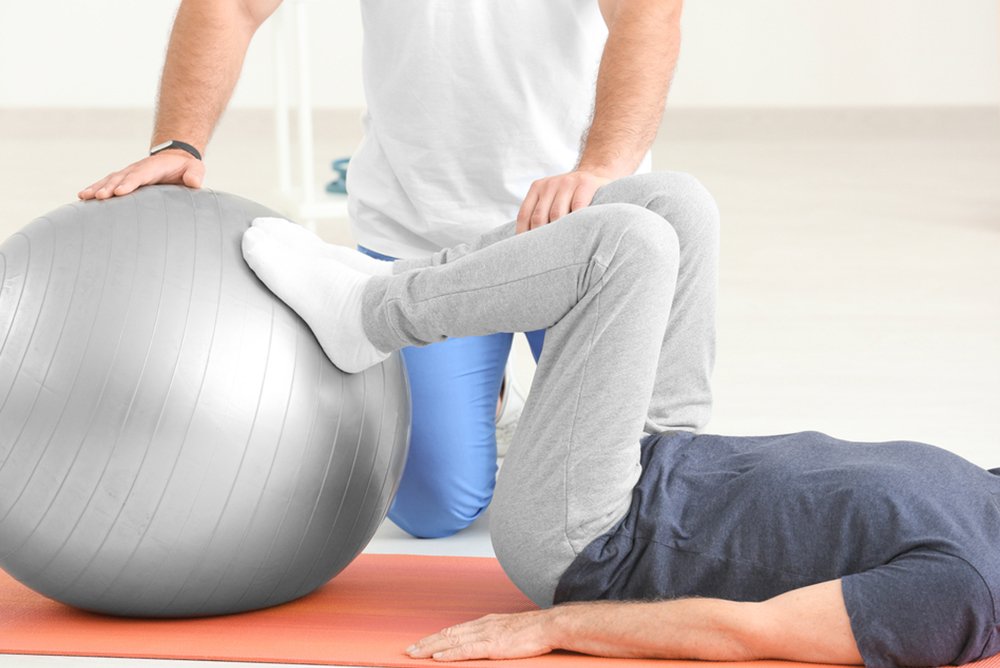
Multiple Sclerosis (MS) is a chronic illness affecting the central nervous system, characterized by the immune system attacking the protective sheath (myelin) covering the nerve fibers. This damage disrupts communication between the brain and the rest of the body. Symptoms can vary widely and may include fatigue, difficulty walking, numbness, and vision problems. Early intervention and ongoing management can help control symptoms and improve quality of life.
Physiotherapy plays a crucial role in managing Multiple Sclerosis. It focuses on improving physical function, mobility, and overall quality of life. Treatment plans typically include exercises to enhance strength, balance, and coordination, as well as strategies to manage fatigue and optimize daily activities.
Physiotherapy for Multiple Sclerosis aims to manage and alleviate symptoms, improve functional abilities, and enhance overall well-being. By focusing on muscle strengthening, balance training, and coordination exercises, physiotherapy helps individuals maintain independence and improve their quality of life.
Improves muscle strength and coordination
Enhances balance and mobility
Helps manage fatigue and daily functional activities
Supports long-term management and symptom control


Here are some common questions we receive about Multiple Sclerosis and our physiotherapy treatments:
Multiple Sclerosis is a chronic disease that affects the central nervous system, leading to damage of the myelin sheath around nerve fibers. This results in a range of symptoms, including muscle weakness, coordination problems, and visual disturbances.
Physiotherapy helps manage Multiple Sclerosis by improving physical function, strength, and balance. It involves exercises and strategies to manage symptoms, improve mobility, and enhance daily living activities.
Improvements vary depending on individual circumstances and the progression of the disease. Regular physiotherapy can lead to gradual enhancements in physical function and overall well-being over time.
During physiotherapy, you will receive a customized treatment plan focusing on exercises to improve strength, balance, and coordination. Therapists will also provide strategies to manage symptoms and support your daily activities.


